Who pays for closing attorney fees for restaurant sale?
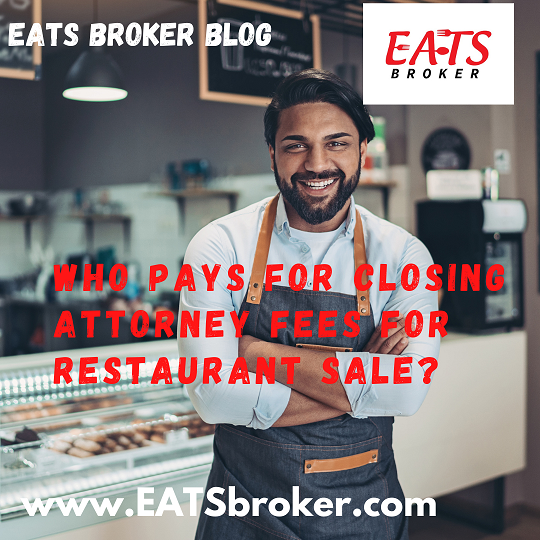
Who pays for closing attorney fees for a restaurant sale, who does the lawyer actually represent? Once the buyer-seller has agreed to a purchase price, next, it’s time to open escrow and hire a closing attorney. The closing attorney represents the buyer, and it’s the buyer’s expense to pay at the closing table. Most transactions […]
Understanding Add Backs when Selling a Restaurant
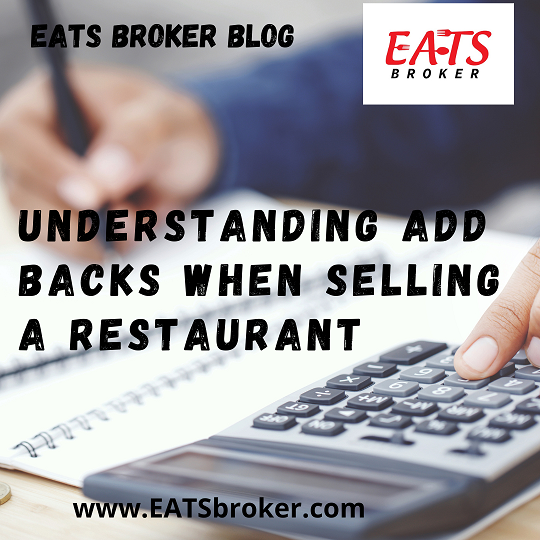
Understanding Add Backs when Selling a Restaurant can be difficult for inexperienced restaurant buyers and restaurant sellers to understand. The real value is more than just the bottom net profit number on the profit and loss statements and tax returns. When it’s time to sell a restaurant, how do you know what to add […]
Thinking about Selling a Restaurant?

Do you have an exit plan when it’s time to sell? Thinking about selling a restaurant is only the beginning of a process that can take 6-12 months to complete. Preparing a restaurant properly before hitting the sales market can make the difference between, receiving a solid offer from a buyer or selling at a […]
Day in the life of a Restaurant Broker
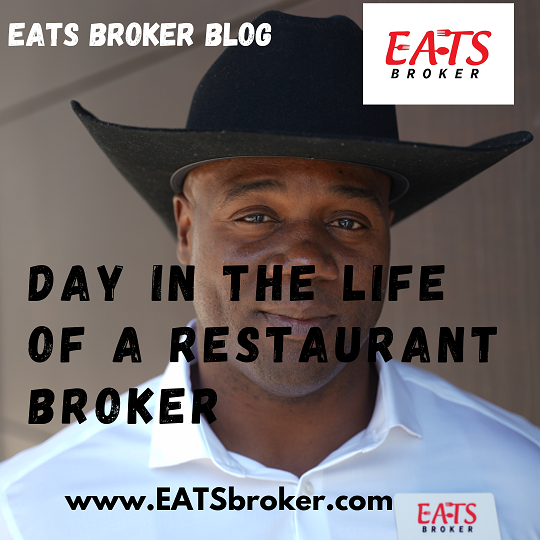
What does a Restaurant Broker actually do daily? Dominique Maddox Founder and President of EATS Broker shares his thoughts about the Day in the life of a Restaurant Broker. Restaurant Brokerage is like a BIG secret fraternity where there is limited membership allowed. A large number of people don’t know the responsibilities or tasks a […]
How should I sell my Restaurant?
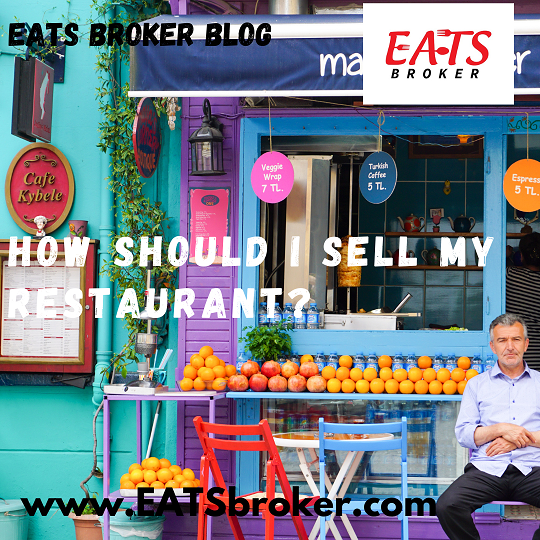
How should I sell my restaurant is a question most restaurant owners will have to deal with before exiting their business. Similar to residential real estate owners, restaurant owners have multiple options to choose from. Each option has pros and cons, but which one is actually better? Today’s internet has tons of information on selling […]
How can I sell my restaurant fast?
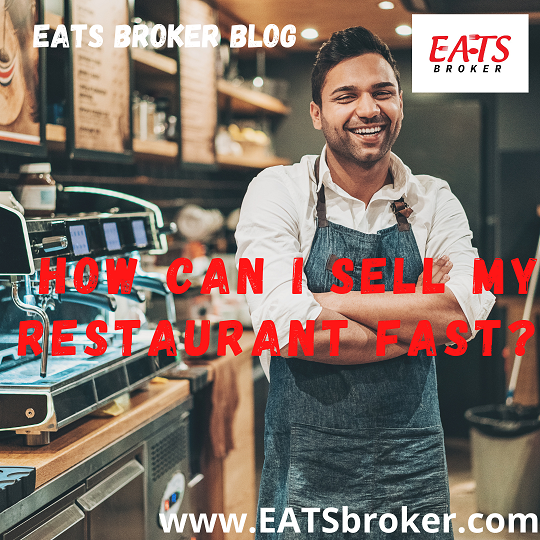
Every restaurant owner wants to know, how can I sell my restaurant fast? The art of selling a restaurant is different than selling a residential home. The element they have in common is both a restaurant and a home need preparation before hitting the market for sale. When selling a home, you can usually expect […]
3 differences between Business vs Real Estate Brokerage
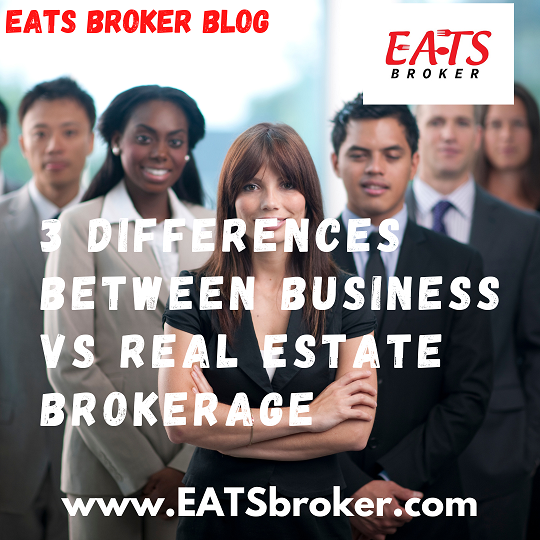
Most would agree when it’s time for you to buy a home you look for a real estate broker. When you are considering to sell or buy a business, with or without real estate attached, you look for a business broker or if you are selling or buying a restaurant find a Restaurant Broker. Both […]
What is the best time to sell a restaurant?
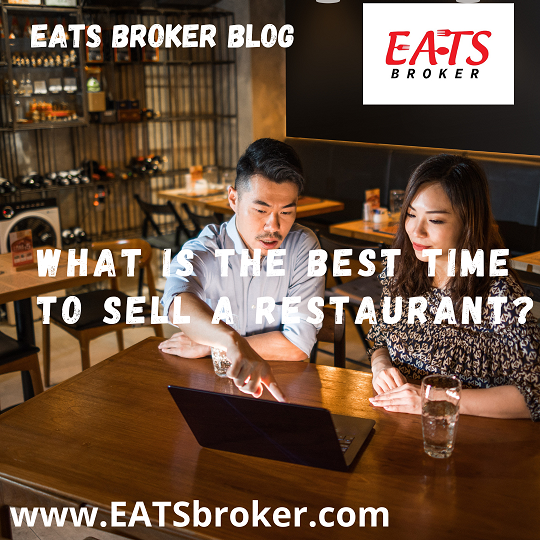
Timing is defined as the choice, judgment, or control of when something should be done. Most Realtors would tell you the best time to sell a house at its highest price point would be May-August. What is the best time to sell a restaurant? EATS Broker would tell you January is the best time to […]

